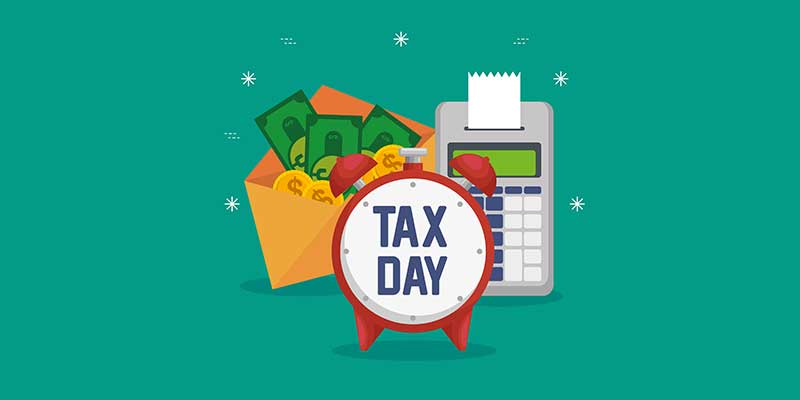investments are in place one can go ahead with the filing of returns and paying the liable tax.
While we are all earning we surely should earnestly pay our taxes but there is also a need to make sure before you move to pay your taxes you have invested at the right places for a secure future. It is best to start investing at the beginning of the year but no matter how late we are we can always catch the last-minute train by investing in some good saving instruments before we get into the process of filing returns.
Tax saving also known as tax planning helps an individual to smartly invest in savings instruments that offer combined benefits of investment growth and reduction in the amount of taxes to be paid off. Tax planning helps you grow your money when you start off accumulating money in terms of your salary instead of keeping it idle in your savings accounts it’s always beneficial to invest in schemes and policies which will help you shed off the burden of tax and help your money grow to make it a win-win situation for you.
The simplest way to go for tax planning is by investing a part of your decided investment amount in some securities for which tax benefits are provided by the government. To name them they are- insurance policies, Public Provident Fund(PPF), Equity Linked Savings Scheme(ELSS), Fixed Deposit,
National Saving Scheme(NSC).
There are various sections under which you get an opportunity to invest & save tax. One of the options is Section 80C- an individual can invest and claim Rs. 1.5 lakhs under various options of like PPF, NPS, EPF, Life insurance premium, tax-saving mutual funds (ELSS) under this section.
Another is option of Section 80D-An individual can avail the benefit of Rs. 15,000 for himself and Rs.
15,000 for his parents additionally.
Another one is Section 80CCD- New Pension Scheme comes under this scheme where in a person can invest around 10% of his gross income to gain benefits in retired age.
Another option is Section 80CCG-The Rajiv Gandhi Equity Savings Scheme (RGESS) is a new tax benefit under this section which is introduced for equity investment in select stocks, mutual funds and ETFs. If you are still confused, check out the below to help you go ahead-
• Check your current tax-saving expenses(if you had made any ) & the ones that you can claim. This will include expenses like insurance premiums, children’s tuition fees, EPF contributions, etc.
• Subtract this amount from ₹1.5 lakh to get the amount, this will be the amount you will be
investing. The entire amount would not require to be invested in case we have covered them in
expenses,
• The final step is to choose the tax-saving investment that matches your goals. With a variety of options choose wisely to have the best future savings & tax savings. Happy Investing!
Note: Above mentioned are suggestions as per our view and opinion, before investment do consult your financial advisor for investment advises and concerned risks.

